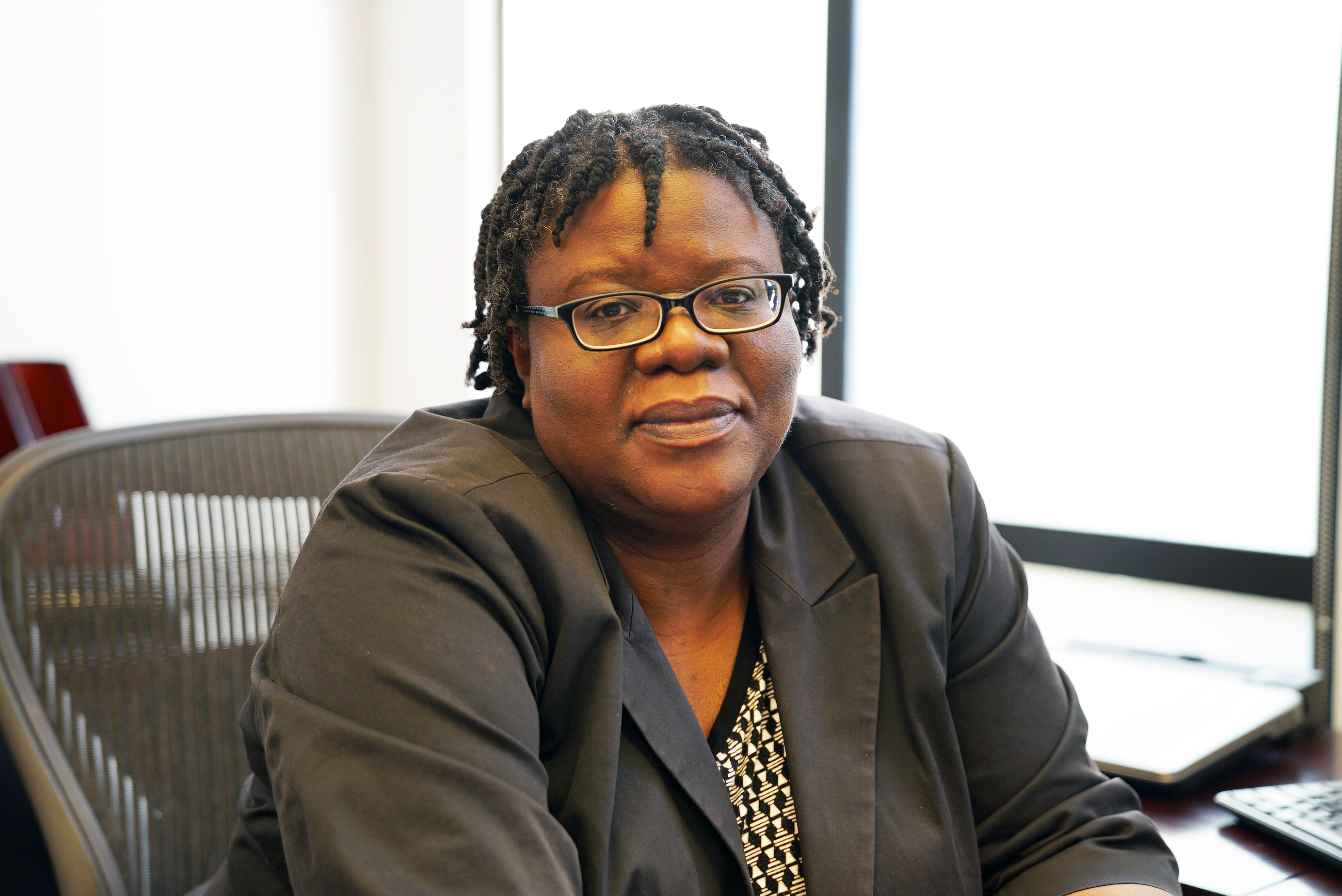Title IX Coordinator Ruth Jones and Director of Institutional Research Teresa Kaldor hosted a Town Hall April 14 in Choi Auditorium that addressed the results of the Fall 2016 sexual assault climate survey, distributed to Occidental students and staff. Of the 321 attendees, the audience was largely composed of staff members, administrators and faculty who are involved in sexual assault policy on campus, though some students were present as well.
The presentation covered statistical recaps of the most important parts of the surveys, explained how the statistics compared to results from a survey conducted in Spring 2015 and covered questions relating to the fall survey’s results. The survey revealed that 10 percent of the 546 students who participated in the fall survey identified as victims of sexual assault, a slight increase from the Spring 2015 survey distributed to students.
Comparisons between Spring 2015 and Fall 2016 data revealed that sexual assault education has been effective, statistically speaking. The number of students who reported they know what sexual assault is increased from 96 percent to 98 percent. Increased numbers of students said they knew of actions they could take to prevent sexual assault, as well as of Occidental’s confidential resources.
This year’s survey changed as a result of a resolution agreement that the Office of Title IX signed with the Department of Education’s Office of Civil Rights. After Occidental students and faculty filed a Title IX complaint against the college in 2013, the Department of Education resolved that Occidental did not violate Title IX but that there were some areas of concern around sexual assault policy they wanted to follow up on by administering a new employee survey.
Three Occidental professors created the new employee survey, which was reviewed by the Campus Committee on Sexual Responsibility and Misconduct. According to Kaldor, questions were phrased to determine whether Occidental employees understand what sexual assault and sexual harassment are, as well as their personal responsibilities around implementing policy. They were also able to administer the survey in Spanish so that Spanish-speaking employees could participate.
The student survey was administered through the national Higher Education Data Sharing Consortium (HEDS), meaning that the questions were not tailored to fit Occidental specifically. Questions were more focused on personal experiences with sexual assault than the questions included in employee surveys, which made it difficult to compare results, according to Jones.
According to the Fall 2016 survey, staff members, administrators and faculty trust campus officials to take sexual assault reports seriously more than students. While the Title IX Office dealt with three formal complaints during the 2015–2016 school year, approximately 54 out of the 546 students who participated in the survey identified as victims of sexual assault.
The striking difference between official complaints and actual incidents was a point of concern. However, according to another survey question response, most students who said they were assaulted confided in a friend or roommate, even if they did not formally complain.
Project SAFE Prevention Education Specialist Dana Michels and the rest of the team have worked to improve Occidental’s sexual assault climate through education.
“We work towards this goal with mandatory training of all incoming first-year students, voluntary group trainings throughout the year and programming to engage the community in raising awareness around issues of gender-based violence,” Michels said.
Jones agreed that education is an important step in changing the campus climate but said failure to translate education into action is one of the reasons why assaults keep happening.
“I think it’s helpful to see that we’re educating students, but as I said at the end [of the presentation] the challenge really is to prevent sexual assaults, so there’s been an insufficient change in those departments,” Jones said.
This insufficient change is also reflected in the Fall survey’s data. Over half of the student participants responded that they would intervene if they witnessed a sexual assault. However, only three of the 21 students who said that they had been bystanders actually intervened to prevent sexual assaults, while 27 percent of employees who responded said they were verbally harassed at Occidental, despite mandatory employee Title IX training.
In order to take further steps in preventing harassment and assaults, Jones said the Title IX office plans to include more information about Occidental’s policies on verbal harassment during new employee training. They will explore more options for informal resolution of complaints so that students and faculty may take alternative routes if they do not wish to make a formal complaint. The Title IX office also plans to create additional communication materials about reporting options and include questions that are specific to Occidental in future student surveys.
“There were some questions that we wrote specifically for our employee survey that we thought, after we got results, would be useful for the student survey. The challenge is a lack of trust [toward administrators], so it’s been very important for us to have a third party to have this administered,” Jones said.
Jones also aims to clear up a stigma — through the presentations she gives to parents and students, she has observed the misconception that women are always the victims. But this is not always the case.
“We saw in our data that there were many men [that were victims],” Kaldor said.
The town hall revealed that education around issues of sexual assault has improved. Challenges will remain in the future about how to translate that knowledge into individual action. According to Jones, this will be the Title IX office’s main goal going forward.
“That’s the real core issue,” Jones said. “Everyone knows the policy and everyone knows the rules. Now what? How can we change behavior?”
Have a pitch? Email us at weekly@oxy.edu or tweet us @OxyWeekly.
![]()































